7 Social Myths that Hold Organizations Back (Part 2)

When Tony Bingham and Marcia Conner, co-authors of The New Social Learning, began talking with organizations about benefiting from the natural powers of employees learning from one another, they heard more about their obstacles than their opportunities. While some were genuine issues leaders needed to face to move their organizations forward, several were myths, perpetuated by old-school practices and a fear of losing control.
For instance, people often talked about social learning as a wildly new practice, challenging the way training has been delivered. In fact, social learning is an approach that has always happened alongside instructor-led courses, as learners compared their experiences with one another, asking questions, and putting new information into the context of their jobs. What’s new are the social media tools in the pockets and purses of more than 80% of the population, that now extend learning’s reach.
In the book, Bingham and Conner encourage people in organizations to connect, collaborate, and work with one another–sometimes even without digital tools–and to look at myths that hold people and organizations back.
Previously we tackled four myths that hold organizations back, In this article, we will tackle the rest of the myths.
5. Social learning is always informal
Many organizations distinguish differences in roles on social media by designating specific “influencers” who are looked to as authority figures or role models, even within social media communities. This often happens organically. For example, famous politicians or actors have gained thousands or even millions of followers on social media who look to their posts for guidance and inspiration. Just because they are interacting with the general public doesn’t mean that their influence is any less potent.
6. It only works in professional environments
Organizations often want to offer their employees a community or social media toolset but don’t want the conversations to wander off specific business themes. As social creatures, people thrive on meaningful connections with other people. Although most conversations should have a professional focus, connections across topics build relationships and trust sometimes more effectively than sticking solely to job-related areas.
7. It doesn’t affect you
At this moment, your people are already learning through social media. They’re reaching out and connecting in powerful ways. The question is, can you recognize, appreciate, and take advantage of the power inherent in this new level of communication?
Do you want to facilitate or debilitate? Do you want to play a part in what and how people learn? Or do you want to try to stop them? Will you restrict them? Or will you free them to do the work they were hired to do—and will you do it with them? The 20th century was about leading with technology and tools. The 21st century is about leading into a connected world, and ignoring this new reality will only leave you in the dust.

















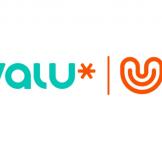


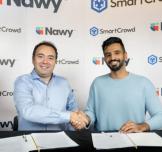


































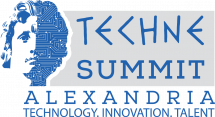

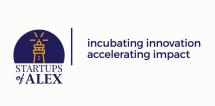



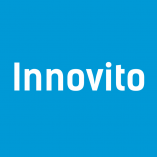




EgyptInnovate site is not responsible for the content of the comments